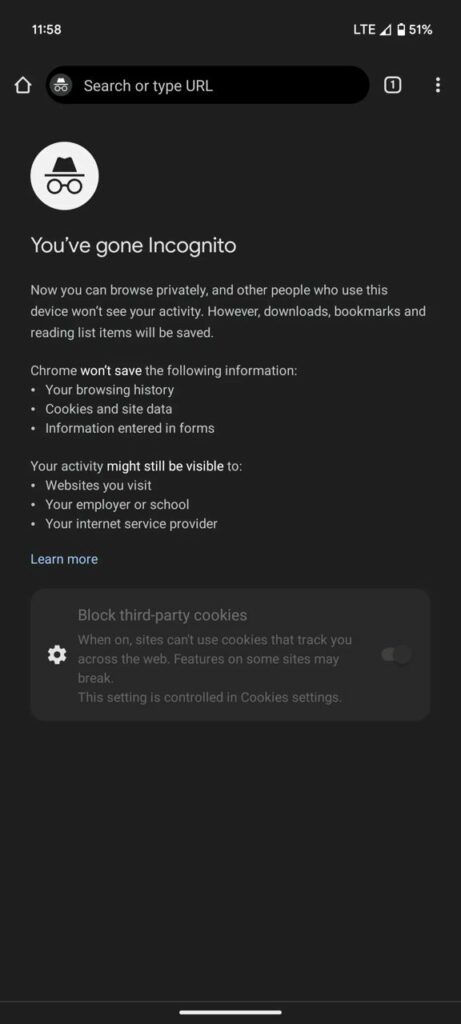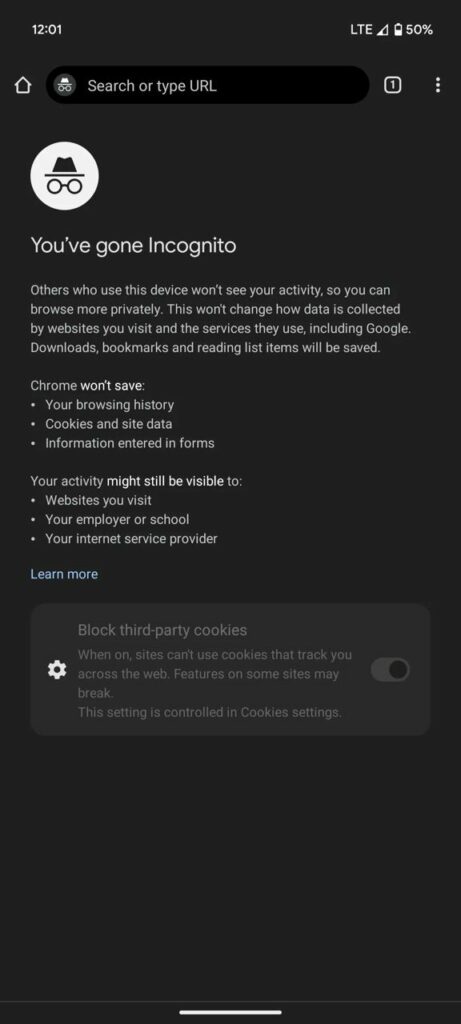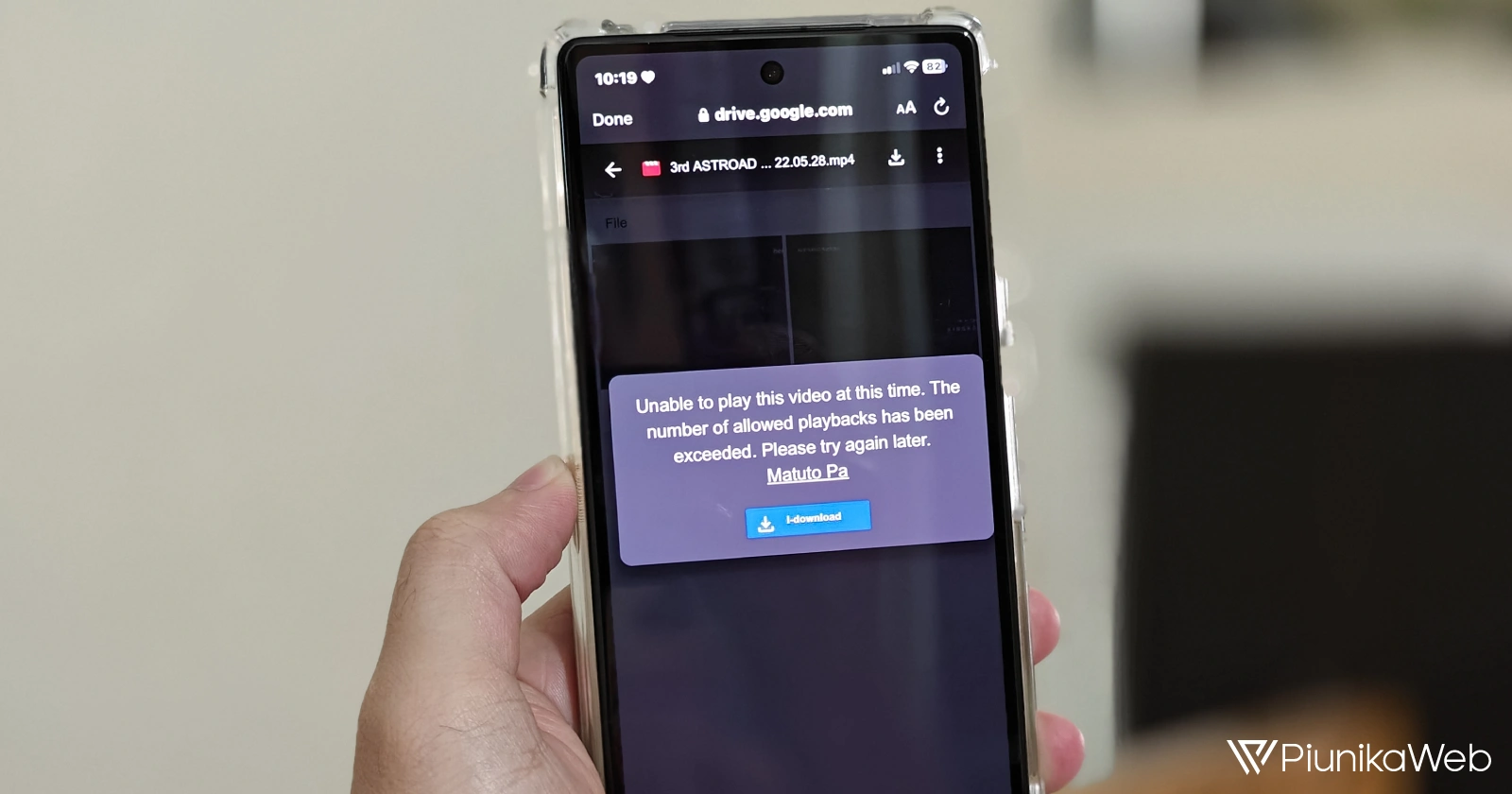If you use Incognito mode in Google Chrome to browse the web privately, you might be surprised to learn that it does not prevent websites from tracking your activity. In fact, Google has recently updated its disclaimer to make it clear that Incognito mode only affects how Chrome handles your browsing data, not how websites and services collect it.
Incognito mode is a feature of Google Chrome that allows you to browse the web without saving your browsing history, cookies, site data, or form inputs on your device. This means that when you close your Incognito tabs, Chrome will delete these data from your device, making it harder for other users of your device to see what you have been doing online.
However, Incognito mode does not affect how websites and services track your activity online. Websites can still use cookies and other methods to identify you, monitor your behavior, and show you personalized ads. Services like your internet provider, employer, or school can also see your online activity, even if you use Incognito mode.
Google updated the disclaimer in Incognito mode
Google updated its disclaimer after it agreed to settle a class-action lawsuit for $5 billion over alleged privacy violations in Chrome’s Incognito mode. The lawsuit claimed that Google misled users into thinking that Incognito mode would stop websites from tracking them, when in fact it did not.
New disclaimer:
Others who use this device won’t see your activity, so you can browse more privately. This won’t change how data is collected by websites you visit and the services they use, including Google. Downloads, bookmarks, and reading list items will be saved.
Google denied any wrongdoing but agreed to pay the settlement and update its disclaimer to avoid further litigation. According to new disclaimer, Google won’t save information such as browsing history, cookies and site data, and information entered in form. However, your activities might still be visible to websites you visit, your employer or school, and internet service provider.
The new disclaimer currently appears in the Canary version 122 on Windows, Android, and other operating systems. Moreover, it will be rolling out to all the users in the coming months.
(Via – Android Police)





